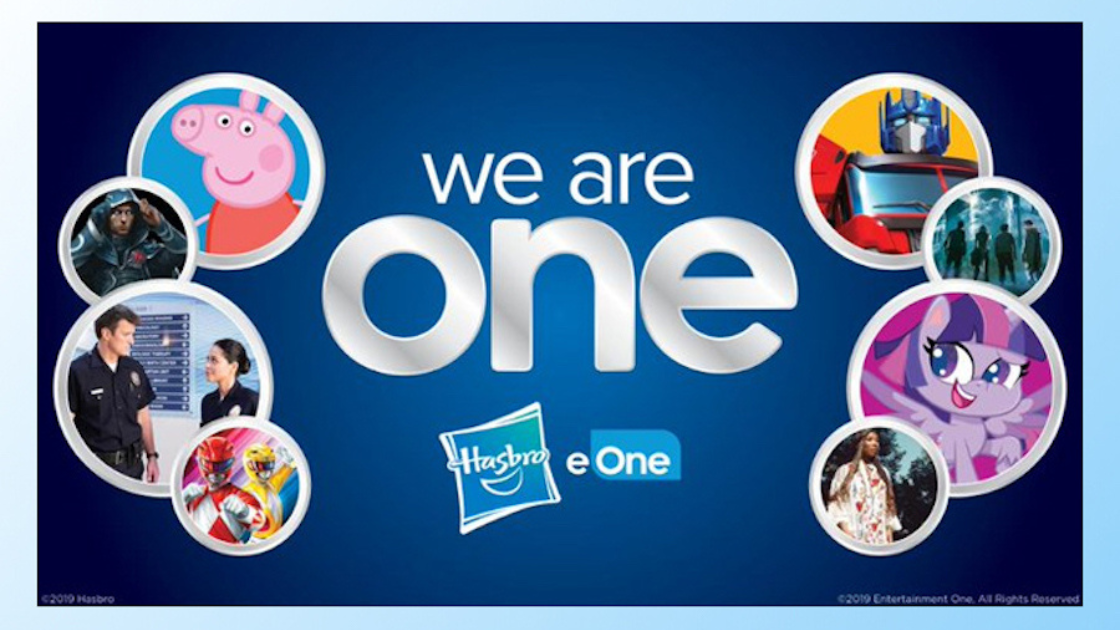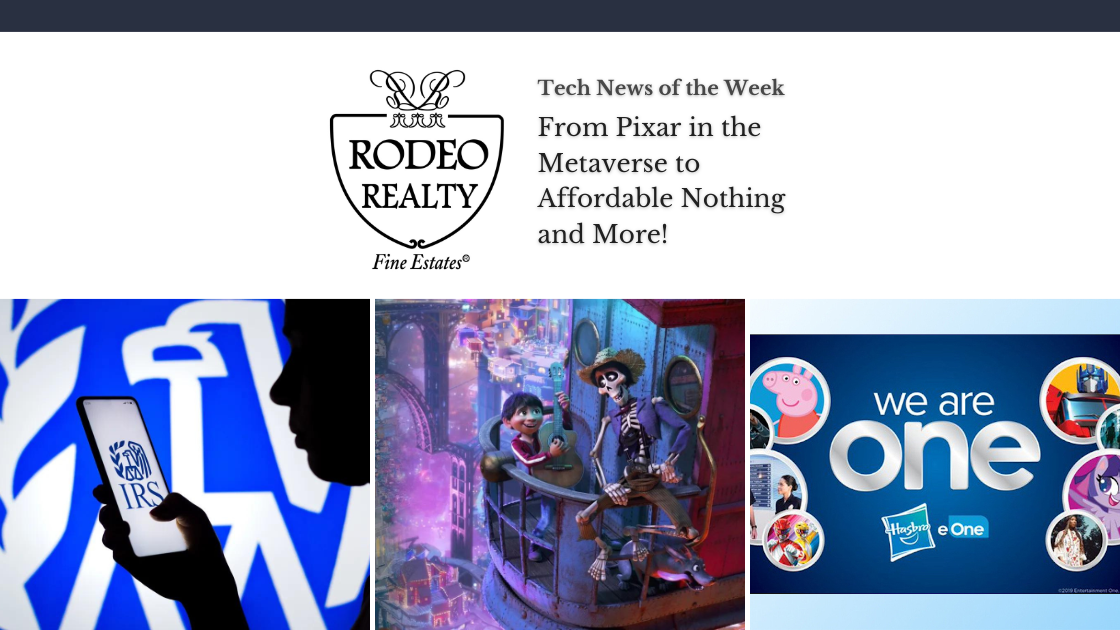It’s time to dive into another week of the leading tech news. From Pixar in the Metaverse to Affordable Nothing and more! Read on for our weekly round-up of what’s happening across the world wide web.
Apple Takes a Chance on Pixar Tech for its Metaverse

In June, Apple unveiled its much-anticipated Vision Pro headset, a high-end device offering immersive 3D experiences. However, the creation of these 3D worlds is labor-intensive, necessitating collaboration between Apple and developers to create suitable applications. To facilitate the process, Apple formed an alliance with prominent 3D tech companies, including Pixar, Adobe, Autodesk, and Nvidia, to promote and standardize Universal Scene Description (USD) technology, originally created by Pixar. This technology, now known as OpenUSD, provides a common language for various applications in the 3D creation process, enabling seamless collaboration and data transfer. The widespread adoption of OpenUSD could give Apple a competitive edge in the VR/AR market, particularly with its Vision Pro headset and potential future augmented reality products.
Google Now Offers Alerts When Your Personal Contact Information Surfaces Online

Google is launching a new feature that proactively notifies users when their personal contact information appears in search results, thereby simplifying the process of tracking and removing such data. Users can monitor these notifications through the “results about you” dashboard on mobile and the web, which automatically identifies webpages featuring the user’s contact information. Once identified, users can review these pages and request the removal of their personal data. However, removal from Google’s results does not mean the data is erased from the web, and there are some limitations on which results can be removed. Initially available in English, Google is working to expand this feature to other languages and countries.
IRS Set to Enable Online Tax Filing for Most Americans Next Year

Beginning next year, the Internal Revenue Service (IRS) will enable most US taxpayers to file their taxes digitally, a significant step toward its goal of complete paperless processing by 2025. The switch to digital is expected to halve tax processing times and save 200 million sheets of paper annually. Although the IRS does not intend to replace existing tax preparation services, the move to paperless filings could expedite refund times by several weeks. It is anticipated that over 94 percent of taxpayers will no longer need to mail paper documents after this transition. Funded by the Biden administration’s Inflation Reduction Act, the technology to facilitate this shift will also support the scanning of existing paper archives and the digital processing of non-tax forms by the 2026 filing season.
Nothing Introduces a New, More Budget-Friendly Sub-Brand

Nothing, a relatively new startup, is launching a more affordable sub-brand, “CMF by Nothing,” aimed at providing better design accessibility. CEO Carl Pei announced that the initial products under this brand would be a pair of earbuds and a smartwatch, set to debut later this year. The “CMF” in the brand’s name stands for “Color, Material, and Finish,” reflecting the brand’s commitment to clean, accessible design. While the main Nothing brand concentrates on premium, innovative design, the CMF sub-brand ensures trusted quality at more affordable prices. Pei, with previous experience launching economical sub-brands at OnePlus, has expressed interest in collaborating with other companies to co-develop products and overcome design, supply chain, and engineering challenges.
Hasbro Offloads eOne to Lionsgate for $500 Million

Hasbro has sold eOne to Lionsgate, including a dedicated team of employees, a content library with approximately 6,500 titles, ongoing productions for non-Hasbro owned franchises like The Rookie, Yellowjackets, and Naked and Afraid, and eOne’s unscripted business. As Hasbro CEO Chris Cocks stated, the company is retaining IP that promotes toy sales, such as Transformers. He emphasized the importance of keeping those capabilities that contribute to their core business, including live-action movies and children’s animated TV shows. In contrast, he pointed out that franchises like Naked and Afraid and Mrs. Harris Goes to Paris are unlikely to generate significant toy-related business opportunities.
